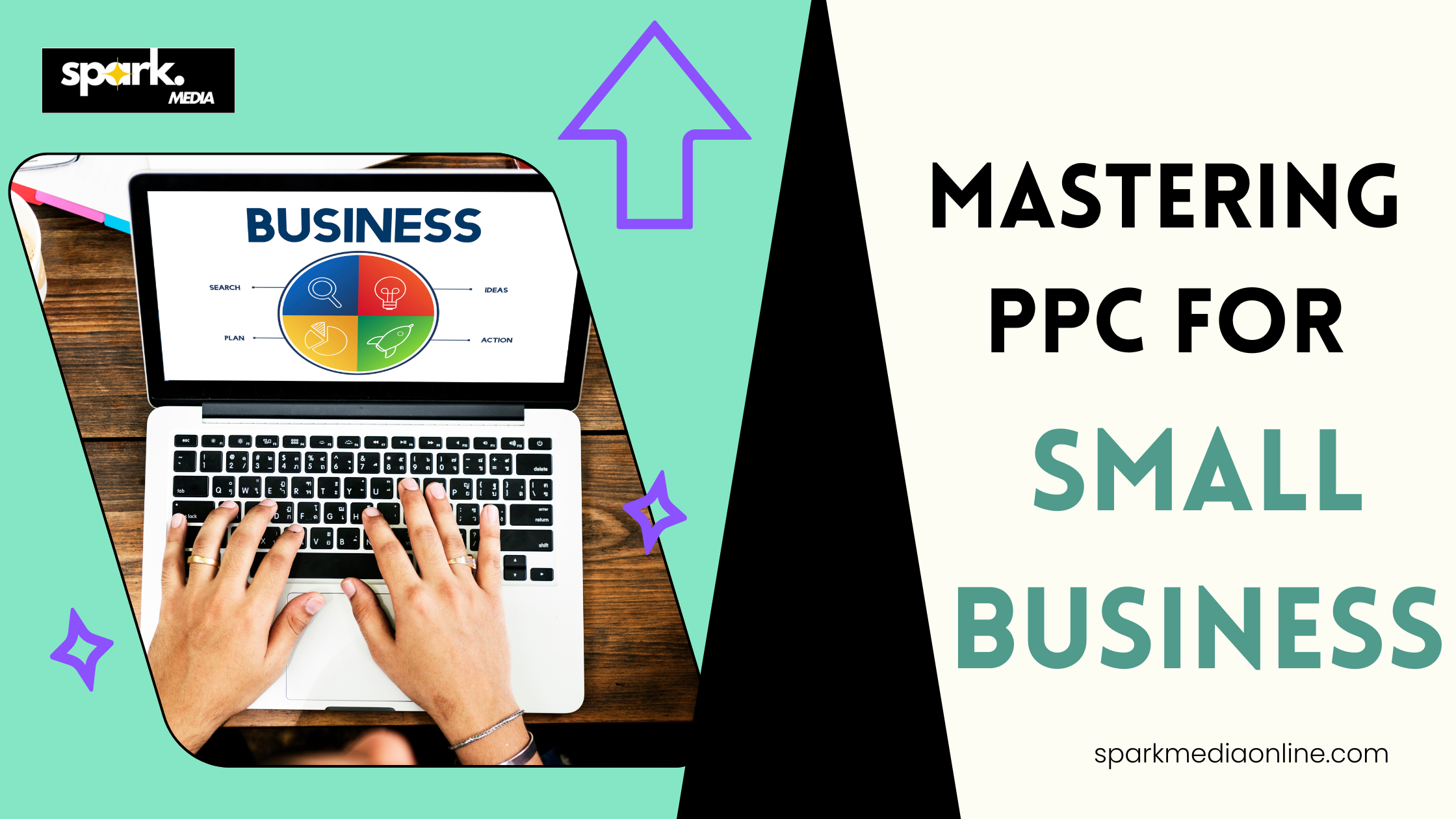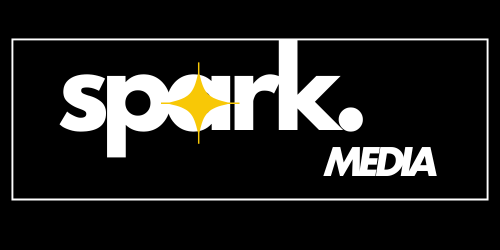
Introduction
In today’s digital landscape, Pay-Per-Click (PPC) advertising has become an essential tool for small businesses looking to increase their online visibility and drive targeted traffic to their websites. PPC for small business offers a cost-effective way to compete with larger companies and reach potential customers at the exact moment they’re searching for your products or services. Let’s dive into how you can master PPC advertising to boost your small business’s growth.
Understanding PPC for Small Business
PPC advertising is a model where you pay each time a user clicks on your ad. The most popular PPC platform is Google Ads, but others include Bing Ads, Facebook Ads, and LinkedIn Ads. Here’s why PPC is particularly beneficial for small businesses:
- Immediate Results: Unlike SEO, which can take months to show results, PPC can drive traffic to your site instantly.
- Targeted Advertising: You can target users based on keywords, location, demographics, and even browsing behavior.
- Budget Control: You decide how much you want to spend daily or monthly, making it suitable for businesses of all sizes.
- Measurable ROI: PPC platforms provide detailed analytics, allowing you to track your return on investment accurately.
Steps to Master PPC for Small Business

- Set Clear Goals Before launching your PPC campaign, define what you want to achieve. Are you looking to increase sales, generate leads, or boost brand awareness? Your goals will guide your strategy and help measure success.
- Know Your Target Audience Understanding your ideal customer is crucial. Research their demographics, interests, and online behavior to create targeted ads that resonate with them.
- Keyword Research Identify the keywords your potential customers are using to search for your products or services. Use tools like Google Keyword Planner or SEMrush to find relevant, high-performing keywords with manageable competition.
- Create Compelling Ad Copy Your ad copy should be concise, engaging, and include a clear call-to-action (CTA). Highlight what makes your business unique and why users should choose you over competitors.
- Design Effective Landing Pages Ensure your landing pages are relevant to your ads and optimized for conversions. They should load quickly, be mobile-friendly, and have a clear CTA.
- Start Small and Test Begin with a small budget and test different ad variations, keywords, and landing pages. Use A/B testing to refine your approach based on performance data.
- Monitor and Adjust Regularly review your campaign’s performance. Look at metrics like click-through rate (CTR), conversion rate, and cost per acquisition (CPA). Adjust your strategy based on these insights.
- Implement Ad Extensions Ad extensions provide additional information and increase the visibility of your ads. Use extensions like site links, call buttons, or location information to make your ads more appealing and informative.
- Retargeting Implement retargeting campaigns to reach users who have previously interacted with your website but didn’t convert. This can be a highly effective way to bring potential customers back to your site.
- Optimize for Mobile With more searches happening on mobile devices, ensure your ads and landing pages are optimized for mobile users.
Advanced PPC Strategies for Small Businesses
- Local PPC Advertising If you’re a local business, focus on geo-targeting to reach customers in your area. Use location extensions and local keywords to appear in “near me” searches.
- Long-Tail Keywords While more specific, long-tail keywords often have less competition and can be more cost-effective for small businesses.
- Ad Scheduling Analyze when your ads perform best and adjust your ad schedule accordingly to maximize your budget.
- Negative Keywords Use negative keywords to prevent your ads from showing for irrelevant searches, saving your budget for more qualified clicks.
- Quality Score Optimization Improve your Quality Score by ensuring relevance between your keywords, ad copy, and landing pages. A higher Quality Score can lead to lower costs and better ad positions.

Conclusion
PPC for small business can be a game-changer when done right. It offers a level playing field where small businesses can compete with larger corporations for customer attention. By following these strategies and continuously optimizing your campaigns, you can create successful PPC campaigns that drive growth for your small business.
Remember, PPC is not a set-it-and-forget-it strategy. It requires ongoing management and optimization. But with patience, testing, and data-driven decision-making, PPC can become one of your most valuable marketing channels.
FAQs:
Start with a budget you’re comfortable with, even if it’s just $5-10 per day. As you see results, you can gradually increase your budget.
You can start seeing traffic immediately, but it usually takes 3-6 months to optimize campaigns for best performance.
Both have their advantages. PPC offers immediate results and precise targeting, while SEO provides long-term, cost-effective traffic. A combination of both is often ideal.
While it’s possible to manage PPC yourself, hiring an expert can often lead to better results and ROI, especially as your campaigns grow more complex.
Success depends on your goals. Key metrics to track include click-through rate, conversion rate, cost per click, and return on ad spend (ROAS).

The future is here with these amazing new inventions, innovations that will blow your mind.
Must-have gadgets for the modern tech-savvy individual, innovative products changing the game.
inventions and inventors inventions and inventors .